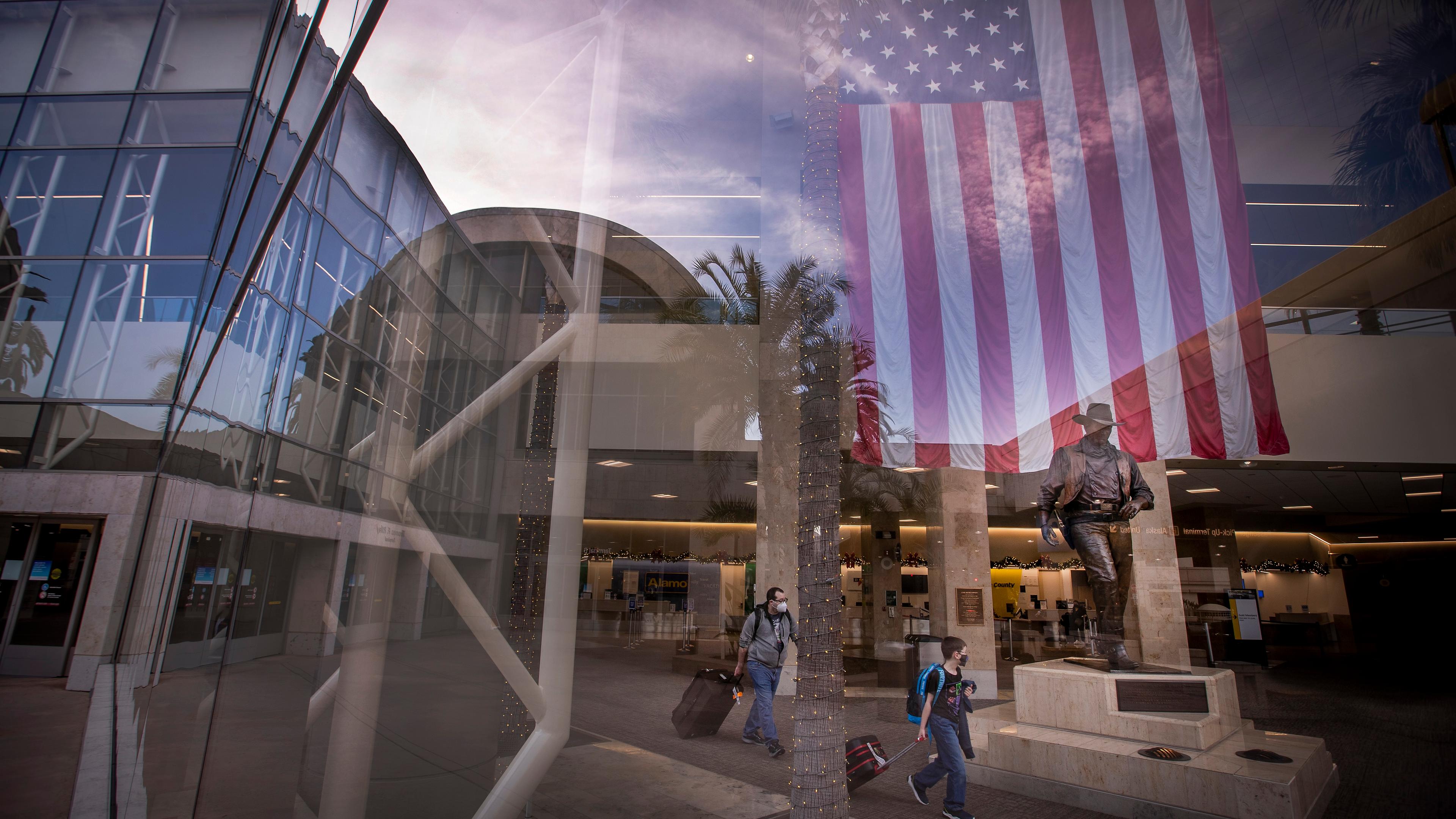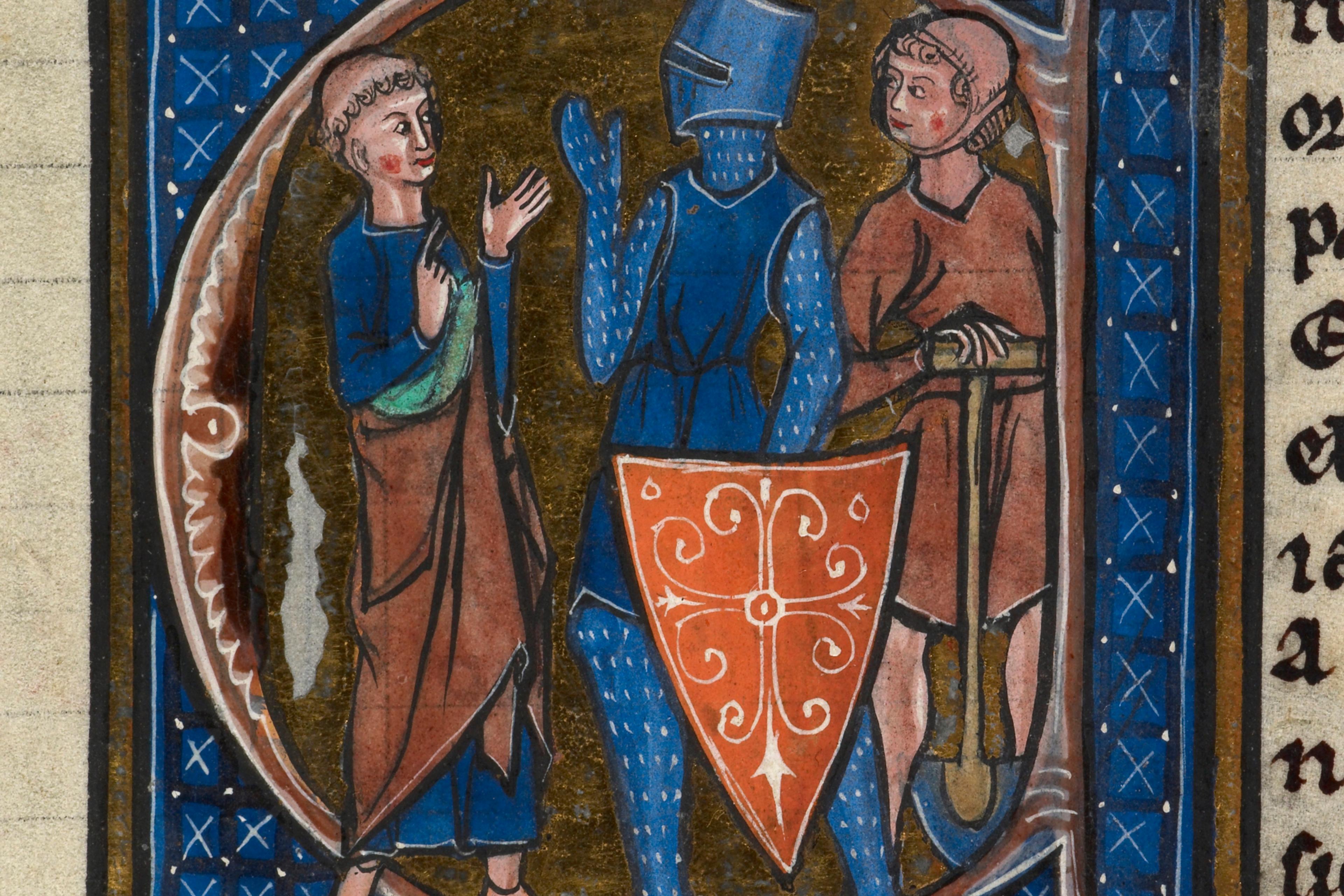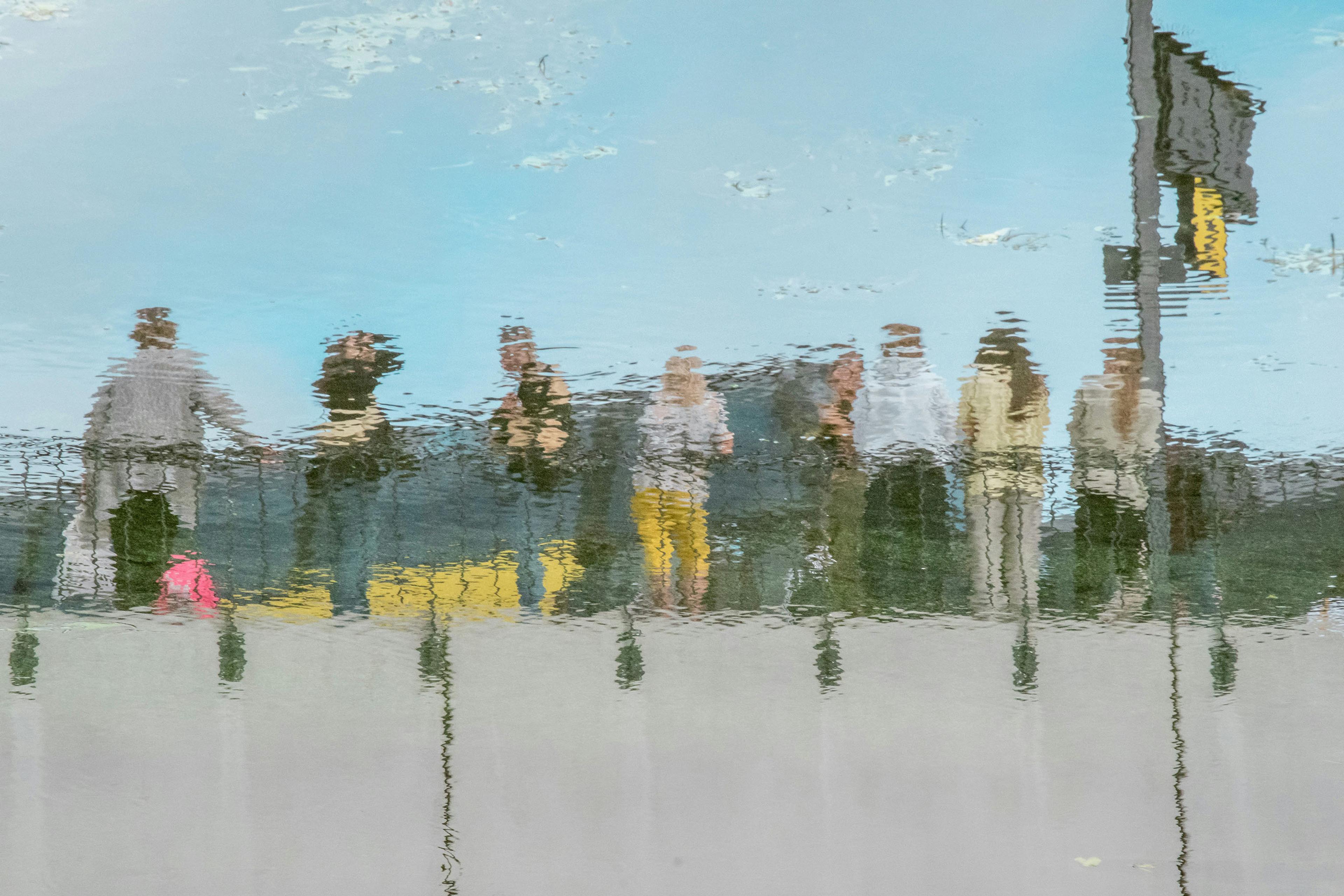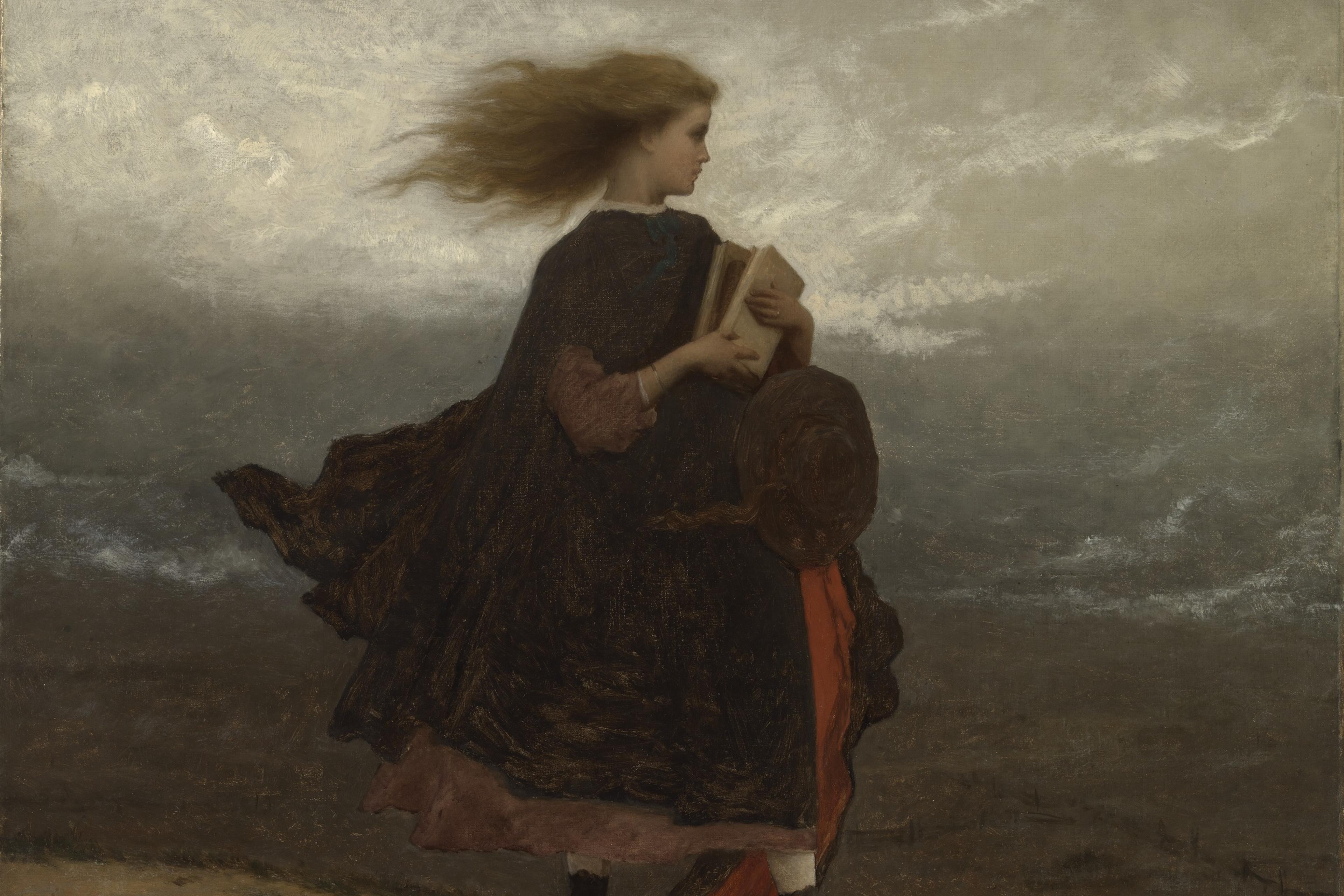From the 8th to the 14th century CE, a period of intellectual flourishing, centred in Baghdad, unfolded under the Abbasid Caliphate. The great flower of this Golden Age of Islam was the Translation Movement: an industrial-scale effort to collect, compile and translate into Arabic the most valuable intellectual treasures from the cultures with which the empire had come into contact. This endeavour included works from the classical Greek world, but also Syriac, Persian, Sanskrit and Chinese mathematical and scientific texts. Abbasid scholars synthesised technologies such as paper from the Chinese, political science and astronomy from the Persians, sophisticated mathematics from the Hindus (including the decimal notation system we still use today), and syllogistic logic from the Greeks.
Some of this scholarship involved the generation of genuinely new scientific knowledge. For instance, the Arab mathematician and scientist Ibn al-Haytham demonstrated that vision occurs when light enters the eye – not, as the Greeks had believed, when the eyes emit beams of light onto external objects. The Persian physician and philosopher Abū Bakr al-Rāzī conducted perhaps the first recorded randomised controlled trial, which challenged the efficacy of bloodletting for meningitis.
The sheer scale of this movement must surely qualify it as one of the historical roots of modern science, mathematics and engineering. So why do many people in the West learn that science ignited among the ancient Greeks, took a nap for 1,000 years, then reappeared in the Italian Renaissance, as if the Golden Age of Islam had never happened? It is as if we had climbed, with Sir Isaac Newton, onto the shoulders of giants and then said: ‘What giants?’ Why this blank spot in our collective memory?
Collective memories, as we describe them, are those representations of the shared past that members of a community hold in common. Collective memory is different from history. Whereas historians aim to create a relatively objective account of the past using rigorous professional standards of what counts as evidence, when members of a community recall their collective past, they do so through the filter of a contemporary set of concerns. That is, collective memory presents a past that is selectively reconstructed in the service of collective identity projects. These selective renderings help us create imagined communities – nations, races, religions, ‘the West’ – by endowing those communities with a story of continuity and self-sameness across time.
What systematic distortions might we expect in this form of memory? Chauvinism, for one thing. As the historian Peter Novick put it in The Holocaust in American Life (1999), collective memory ‘simplifies; sees events from a single, committed perspective; is impatient with ambiguities of any kind; reduces events to mythic archetypes.’ It selectively recalls instances of shared glory while omitting or diminishing shameful episodes. This self-serving way of remembering the past can manifest in films, high-school history curricula, political stump speeches, museums and monuments. It can also appear in our mental representations of the groups to which we belong. Many older Americans, for instance, remember the atomic bombings of Hiroshima and Nagasaki as a necessary evil, perhaps even a righteous one, needed to curtail a prolonged and bloody conflict against a nearly unvanquishable foe. Many Russians, on the other hand, remember the same events as an unnecessary show of US force against an adversary that was in the process of surrender.
Recently, we and other psychologists have begun to examine systematic biases in collective memory. One apparently ubiquitous bias is collective overclaiming – that is, inflated judgments of our own group’s historical influence, to the detriment of other groups. We can study the psychology of collective overclaiming by asking people a simple question: for what proportion of history do you think members of your group can claim responsibility?
Obviously, this question does not have an objectively correct answer. It is what psychologists call a projective test, in that it tells us more about a person’s beliefs or perspective than it does about history per se. In one study, American participants from across the 50 US states claimed, on average, that people from their home state were responsible for more than 18 per cent of US history. Altogether, Americans from the different states claimed responsibility for a total of 907 per cent of US history. On a global scale, participants from 35 different countries collectively claimed responsibility for 1,156 per cent of world history. Participants from eight former Allied countries claimed 309 per cent of the responsibility for the victory in the Second World War, and those from three former Axis countries claimed 140 per cent of the contribution to the war effort on their side. Across these studies, this overclaiming is reliable and dramatic.
A slightly more sophisticated version of this basic estimation task allows us to account for the fact that some states and countries have in fact been more historically influential than others. By having study participants estimate both the influence of their own group (eg, people from their home state) and that of other groups (eg, people from each of the other states), we can calculate an average ‘insider’ rating as well as an average ‘outsider’ rating of each group’s influence. The difference between the insider rating and the consensus of outsiders gives us an index of chauvinistic inflation. Reliably, insiders attribute more historical influence to their group than outsiders do. Americans, for instance, inflated their home state’s influence by about 6.7 percentage points above the consensus rating of their state, and in some states by more than 17 percentage points (Delaware and Virginia, in case you were wondering).
Once we began measuring collective overclaiming, we found it everywhere.
Historical chauvinism seems to be a general feature of our collective memories. But why does this bias occur? There are at least two classes of psychological factors likely to contribute. The first set concerns motivation. Belonging to successful, influential groups is good for our self-esteem. Mentally inflating our group’s role in history can help fulfil this ego-protection role. Indeed, people who more strongly endorse group-oriented moral values such as loyalty and respect for authority tend to show more collective overclaiming. These are precisely the people for whom we might expect that chauvinistic renderings of their group’s history would be more emotionally satisfying.
Cognitive biases likely also play an important role. Quantifying a group’s historical influence is a difficult (perhaps impossible) task. When faced with a difficult cognitive task, people often unconsciously swap it out for an easier task. In this case, they might substitute the difficult historical judgment with the simpler task of evaluating how easily important events come to mind. For instance, Americans might know, if pressed, that the Soviets launched the first artificial satellite and the first life form (1957), as well as the first person into space (1961). However, when asked about important developments in space exploration, US accomplishments such as Neil Armstrong’s ‘giant leap for mankind’ (1969) probably come to mind more quickly. That subjective feeling of cognitive ease and familiarity then informs the influence judgment. Such a substitution would be a prime example of a well-studied cognitive shortcut called the availability heuristic.
We were curious to see whether people overclaim because they apply the availability heuristic to a biased collective memory. In another experiment, we had our American participants list, as quickly as they could, the most important events involving their home state as well as those involving two other states (our participants came from California, Massachusetts or Virginia). A simple event count for each state would indicate how easily people could think of home-state versus other-state events. In addition to this retrieval fluency task, participants rated how much of US history could be attributed to people from each of the three states.
Our results supported the availability heuristic hypothesis: people who retrieved home-state events much more easily than other-state events also tended to overclaim more when rating their state’s influence on history. In subsequent experiments, we also showed that we could reduce collective overclaiming by having people selectively retrieve only outgroup-relevant events (eg, those involving a different state). When important historical contributions by members of other groups were more cognitively available, people showed less chauvinistic inflation in their judgments about their own group’s historical influence.
What do these experiments suggest about how we might deflate collective chauvinism? One route to de-biasing collective memory could be to promote historical curricula in schools that adopt a transnational perspective on events, with the nation de-centred from its traditional role as hero of the story. Similarly, STEM training could place various developments in historical perspective. For instance, where did the decimal notation system come from, and why was it an important tool in advancing mathematical thought? How did the adoption of Arabic numerals rather than the cumbersome Roman numerals help advance mathematics? Rather than presenting scientific knowledge as an atemporal final product, educators could discuss the many contributions from various sources across the world.
It is worth keeping in mind the functional role of collective memory. As social beings belonging to communities that vastly transcend our face-to-face networks, we do need a shared vision of the past (and future) that is relevant to contemporary concerns and that can bind communities together in common purpose. On balance, we propose, exclusively nationalistic, chauvinistic renderings of the past are bad for humanity. However, might a re-visioned memory of ‘our common glories’ be helpful, if the ‘our’ in that formulation were more inclusive? This is a question for further consideration.
Let us return to 9th-century Baghdad, and some lessons it might hold for us today. That Golden Age flourished in part because scholars writing in Arabic translated and compiled knowledge from very different cultural spheres. As the theoretical physicist Jim Al-Khalili points out in Pathfinders (2010), in transferring the highest knowledge of its day across languages and cultural groups, the Translation Movement made clear, perhaps for the first time, that science, technology, engineering and mathematics are a universal human heritage. Knowledge accumulates in different pockets of humanity during different eras, and is periodically integrated during explosively creative periods of cosmopolitan synthesis. This cumulative knowledge is not the local property of particular cultural groups. Biased collective memories in which ‘we won the war (and no one else did much)’, or perhaps in which ‘we created science (and no one else did much)’, might flatter our collective identities, but ultimately, they are a poor substitute for the real story.








